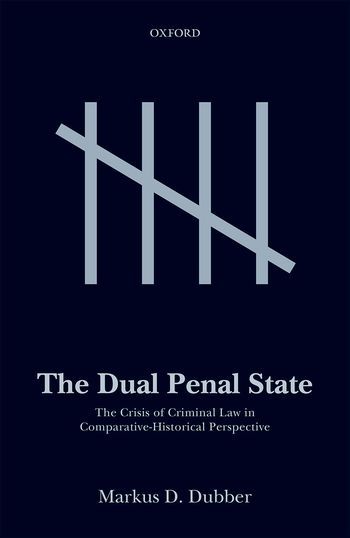
This book addresses one of today's most pressing social and political issues: the rampant, at best haphazard, and ever-expanding use of penal power by states ostensibly committed to the enlightenment-based legal-political project of Western liberal democracy. Penal regimes in these states operate in a wide field of ill-considered and barely constrained violence where radical and prolonged interference with citizens, upon whose autonomy the legitimacy of state power supposedly rests, has been utterly normalized. At its heart, the crisis of modern penality is a crisis of the liberal project itself and the penal paradox is the sharpest formulation of the general paradox of power in a liberal state: the legitimacy of state sovereignty in the name of personal autonomy.
To capture the depth and range of the crisis of contemporary penality in ostensibly liberal states, The Dual Penal State adopts a fresh approach. It uses historical and comparative analysis to reveal the fundamental distinction between the two conceptions of penal power-penal law and penal police-that runs through Western legal-political history: one rooted in autonomy, equality, and interpersonal respect, and the other in heteronomy, hierarchy, and patriarchal power. This analysis of the dual penal state illuminates how the law/police distinction manifests itself in various penal systems, from the American war on crime to the ahistorical methods of German criminal law science.